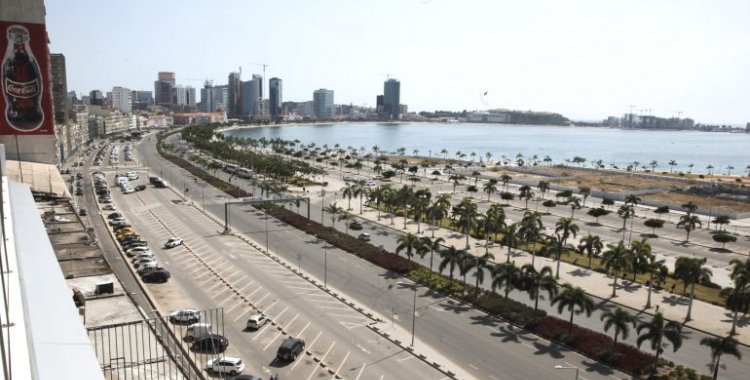"Angola is going through an unprecedented and adverse economic moment, justified by factors such as the sharp drop in oil prices in recent weeks (more than 70 percent since the beginning of the year) with a direct impact on the country's main source of revenue, putting increased pressure on its public finances and net external position, in foreign currencies," reads a statement from the Economic Bank (EB).
The document, sent following Moody's negative outlook on the rating of this financial institution, adds that the economic crisis is also the result of "the rapid spread of the covid-19 pandemic and its unpredictable effect on world economic activity, namely in terms of the impact of credit and liquidity conditions, which may also translate into the foreseeable increase in indebtedness and pressure on the balance of payments".
In addition to these factors, the BE concludes, "there is also the difficult visibility of the timing and pace of the recovery of the world economy in the post-Covid-19 period and of the price of oil, in an environment of sharply declining demand and a general fall in commodity prices".
This week Moody's revised the rating of the Republic of Angola and, consequently, the rating of the three banks that the financial rating agency follows in the country.
"Moody's extended this measure across the Angolan banking sector and also put the "Caa1 long term local currency rating" of Banco Económico under review for a possible downgrade," the bank's management reacted in the statement.
"The Economic Bank faces the current moment with serenity and resilience, having adopted the necessary contingency measures to continue to develop its activity in compliance with the determinations of the Regulator (BNA) and is fully focused on finding the best solutions for the needs of its clients and support for Angolan companies and families," added the administrators.
In the text that accompanies the disclosure of this action of 'rating' on Angolan banks, on Thursday, Moody's wrote that this action, which is not a lowering of the 'rating', but the previous step, focuses on Banco Angolano de Investimentos (BAI), Banco de Fomento Angola (BFA) and BE, the first two with level B3 and the third with level Caa1, all with speculative degree.
"The main motivation for these rating actions is the increasingly uncertain operating environment in Angola, which results from the sharp drop in oil prices and the banks' strong exposure to the country, mainly in the form of significant assets linked to public debt, which link the banks' credit profile to the government's credit profile," reads the note sent to Lusa.
The decision comes in the same week that Moody's put the Republic's rating on the downside, a process during which the agency will analyse the government's response to the change in economic and financial conditions and then decide by the summer on the quality of sovereign credit.
"During the review period, Moody's will assess the impact of economic degradation on banks' asset quality, capitalisation and foreign currency liquidity, the government's response to the shock - which will serve as a benchmark for the Republic's rating - and any change in the government's willingness to help banks in need," the text also states.
The deterioration of the banks' operating environment is closely linked to the fall in the price of oil, says Moody's, which revised the average price per barrel down to 40 to 45 dollars this year and 50 to 55 dollars in 2021.







